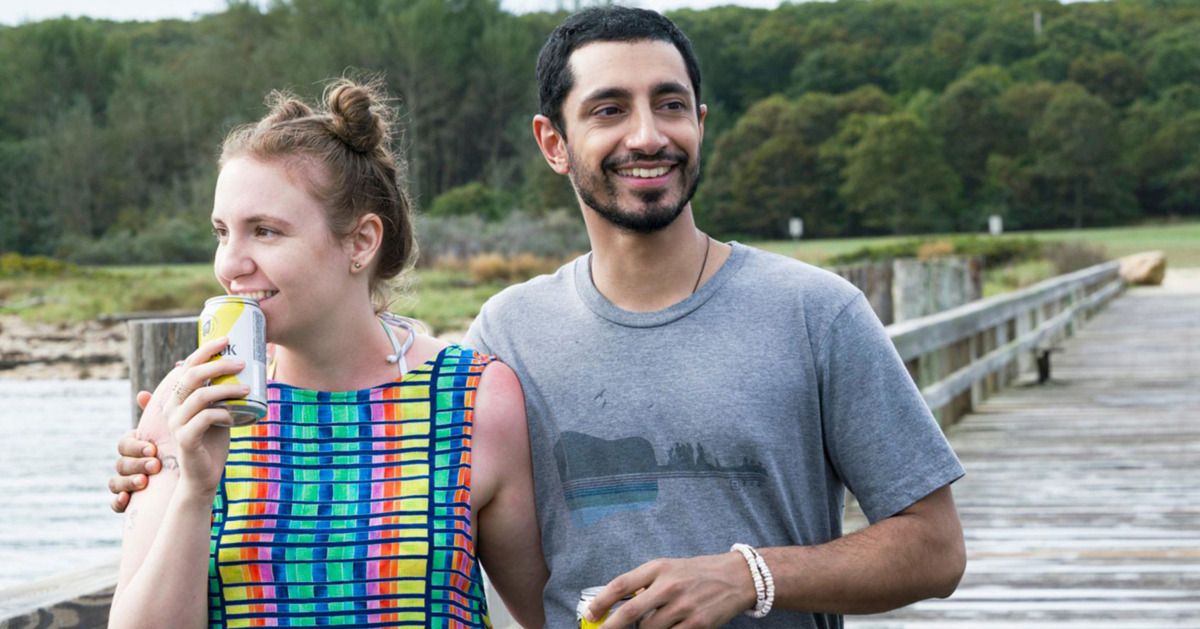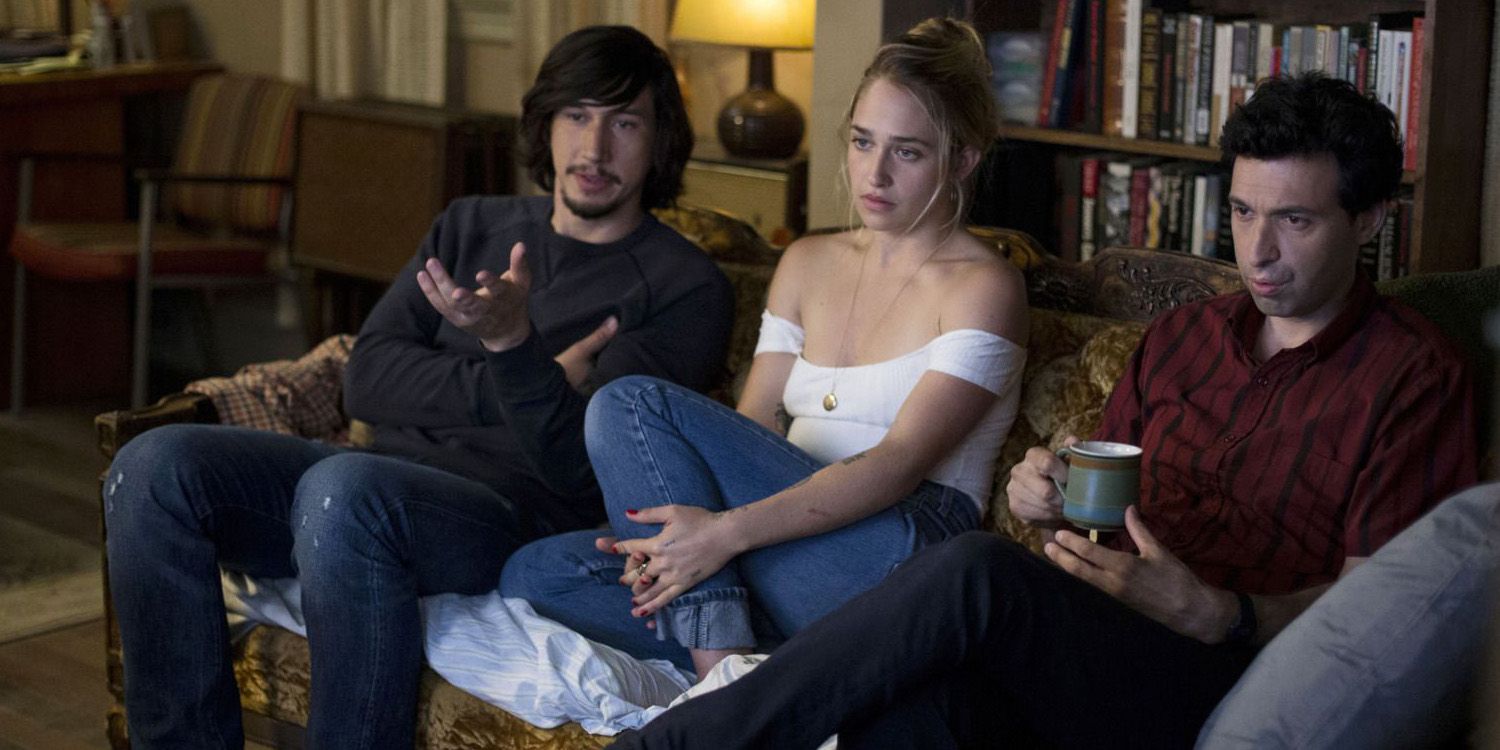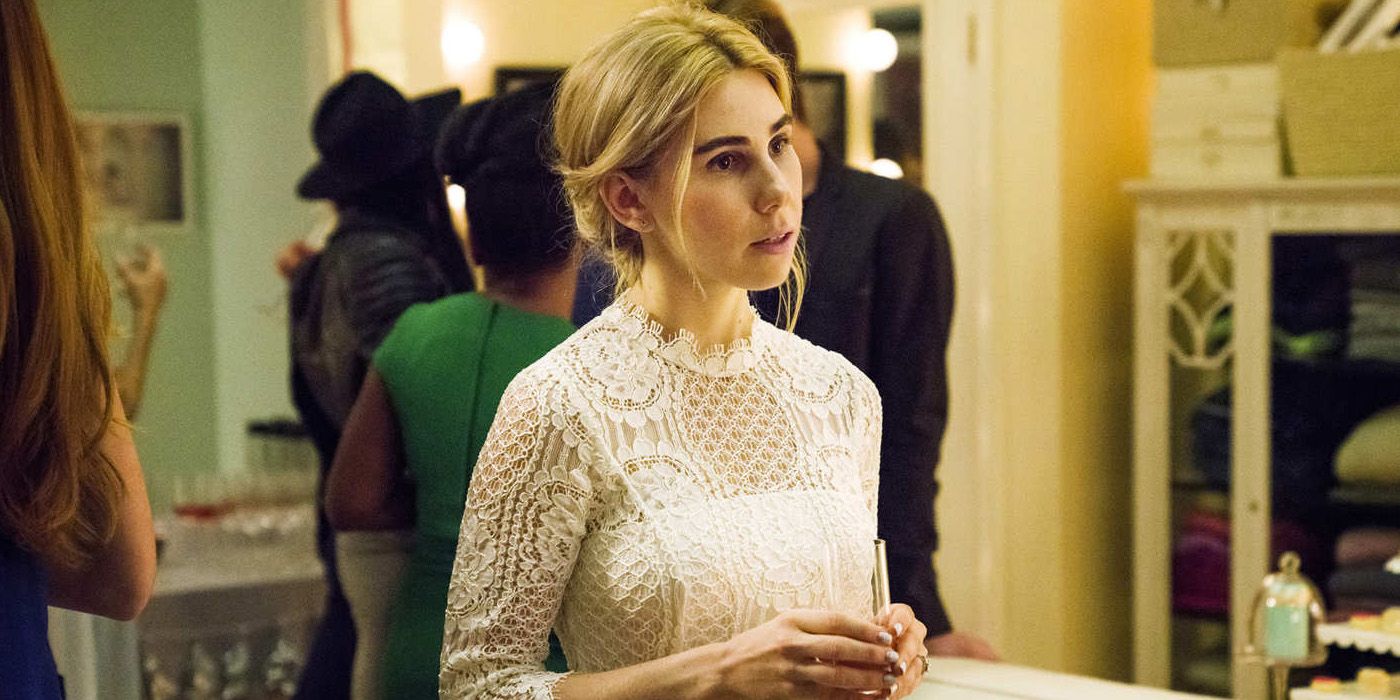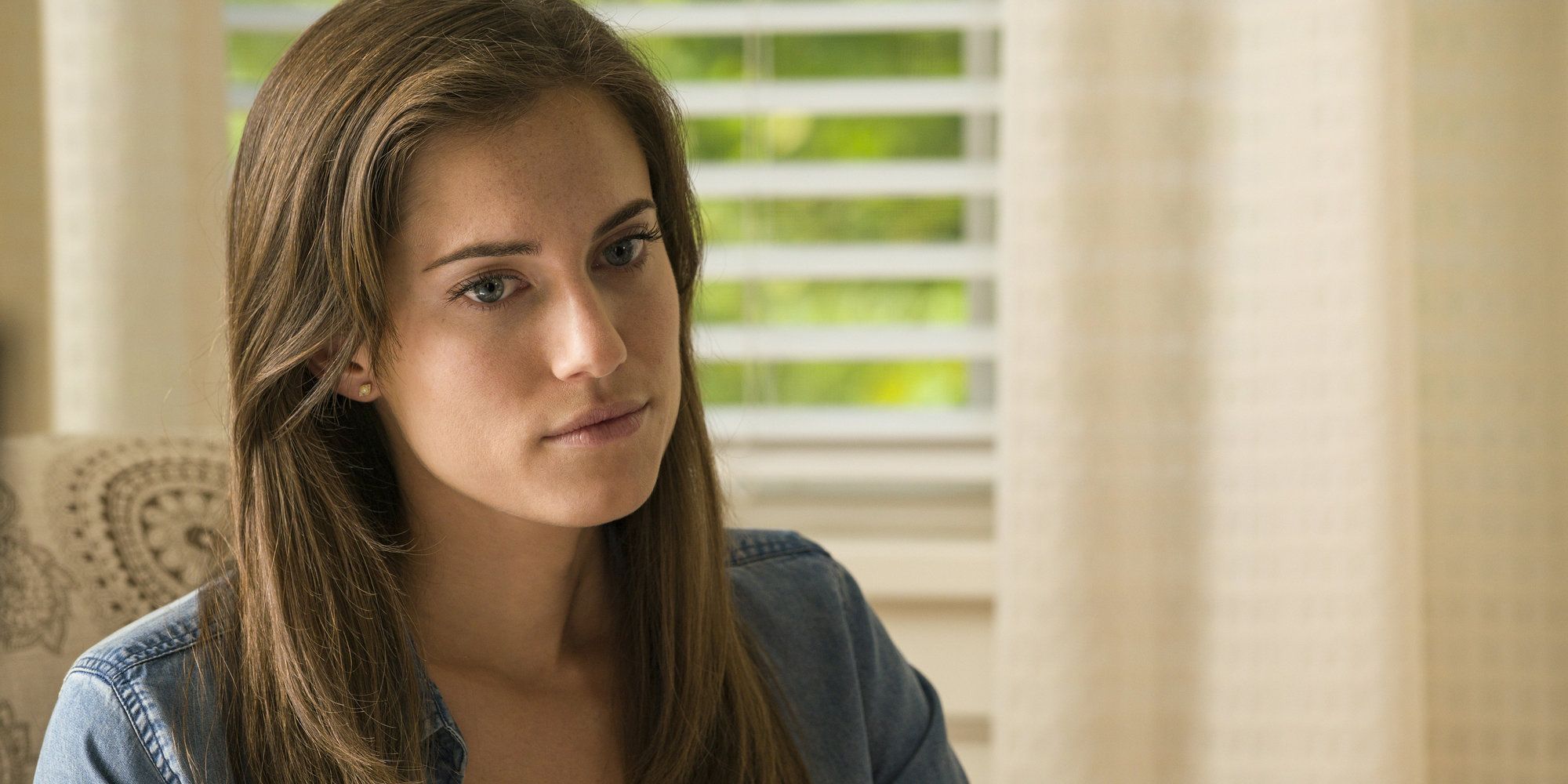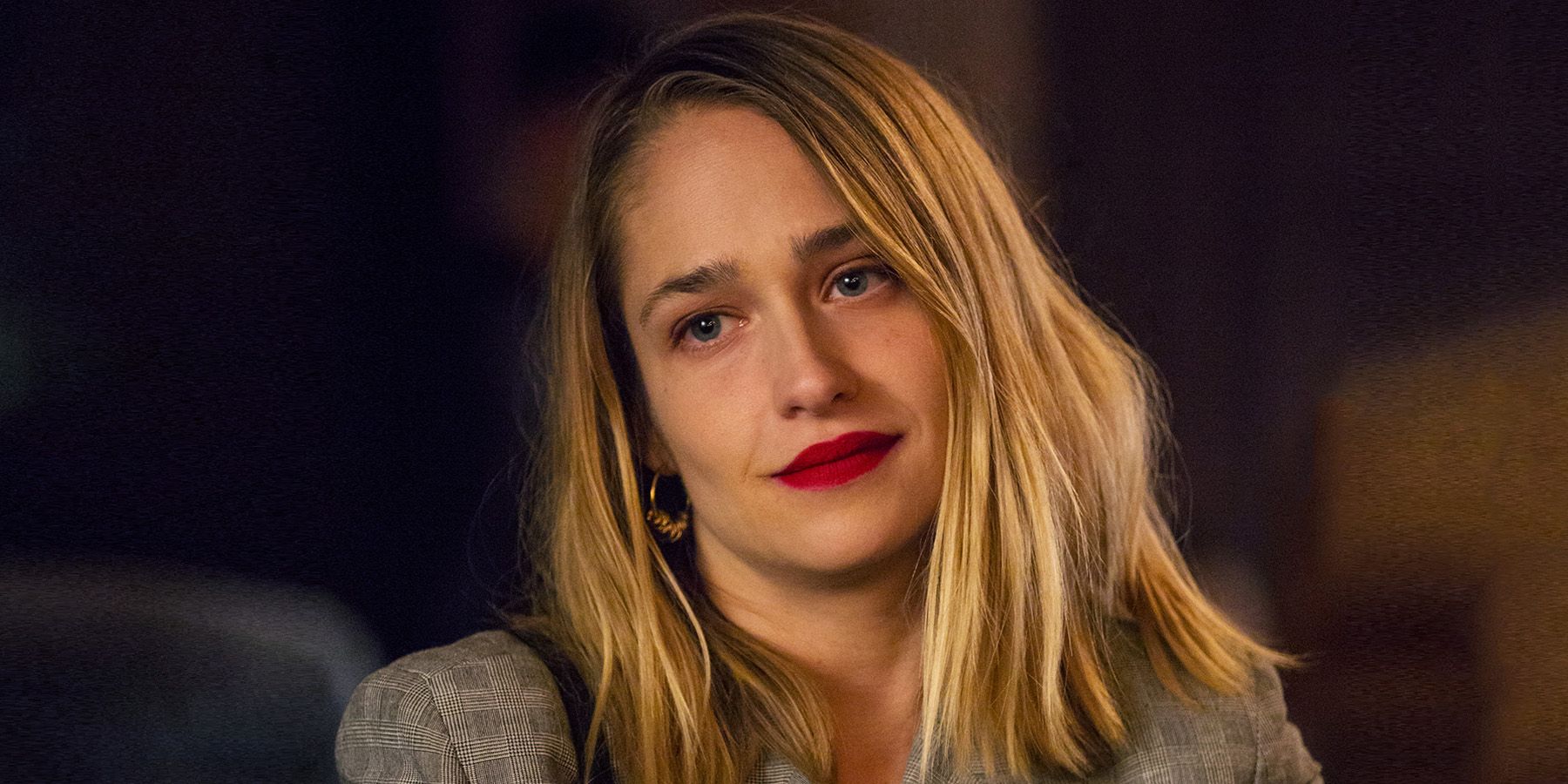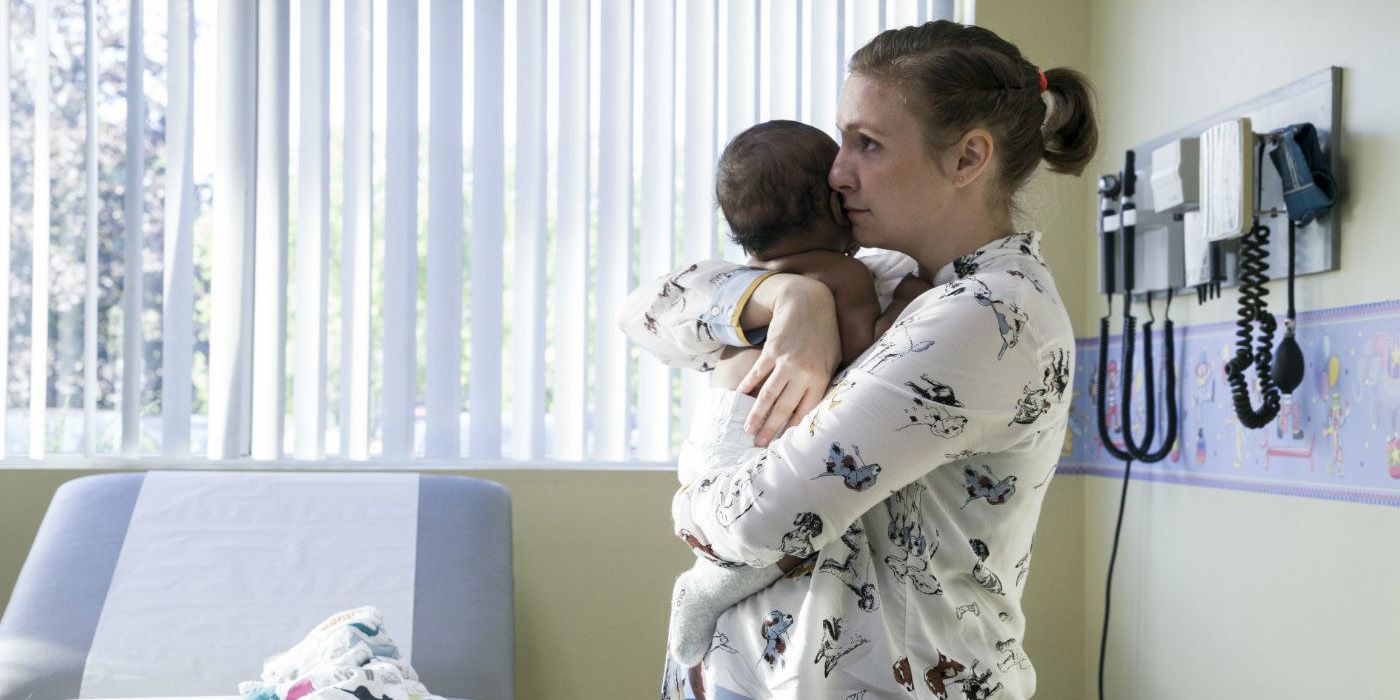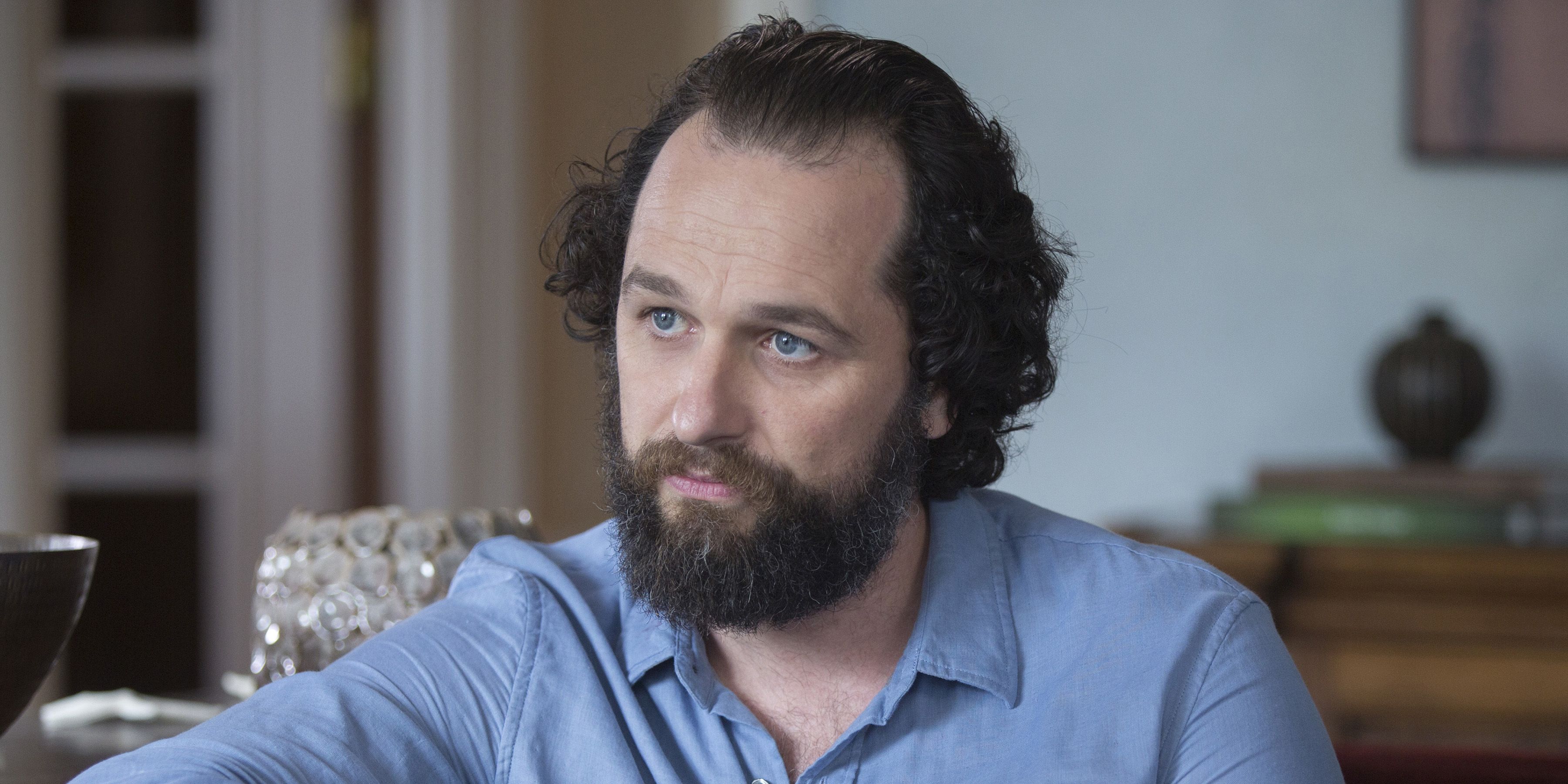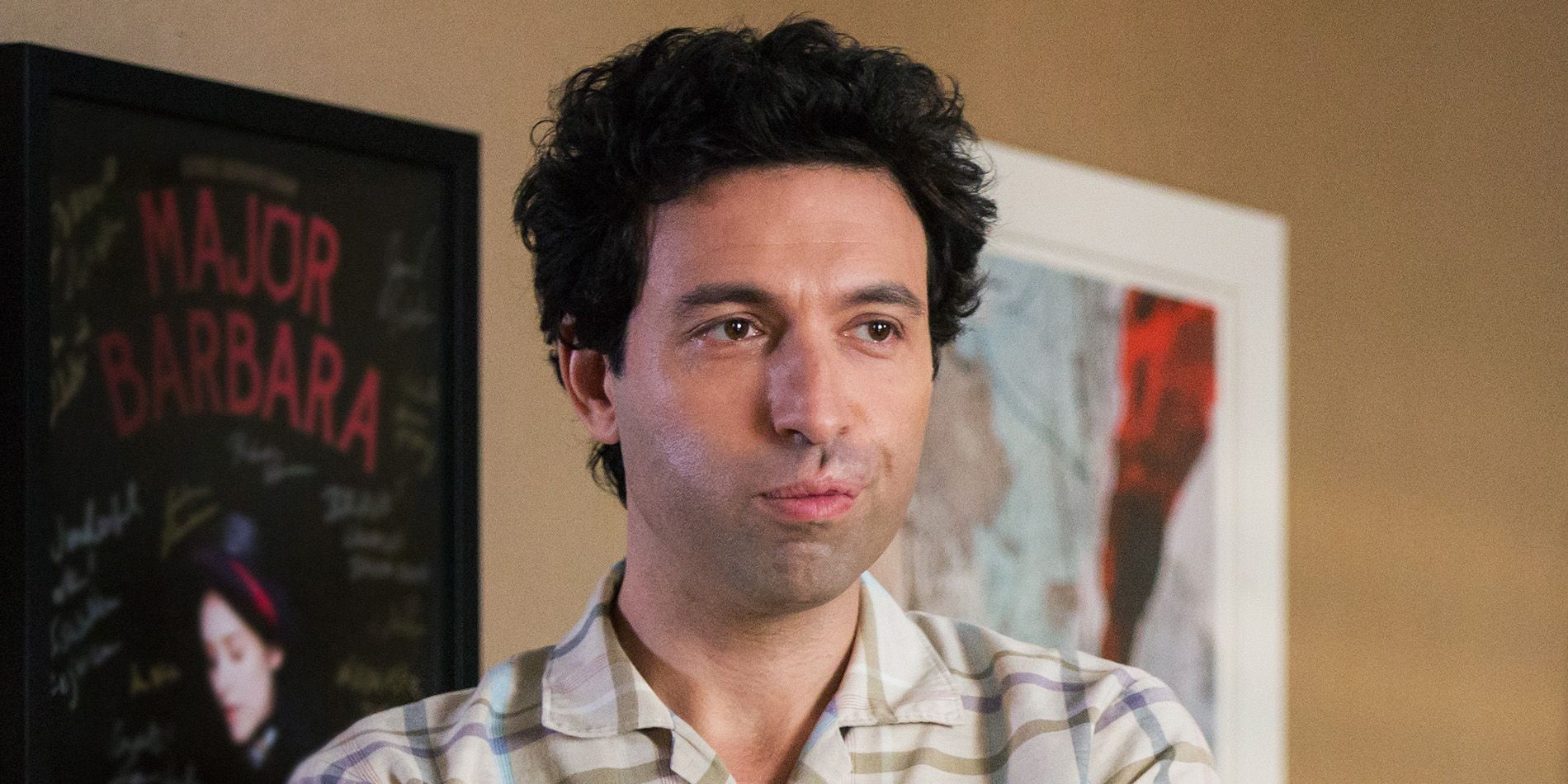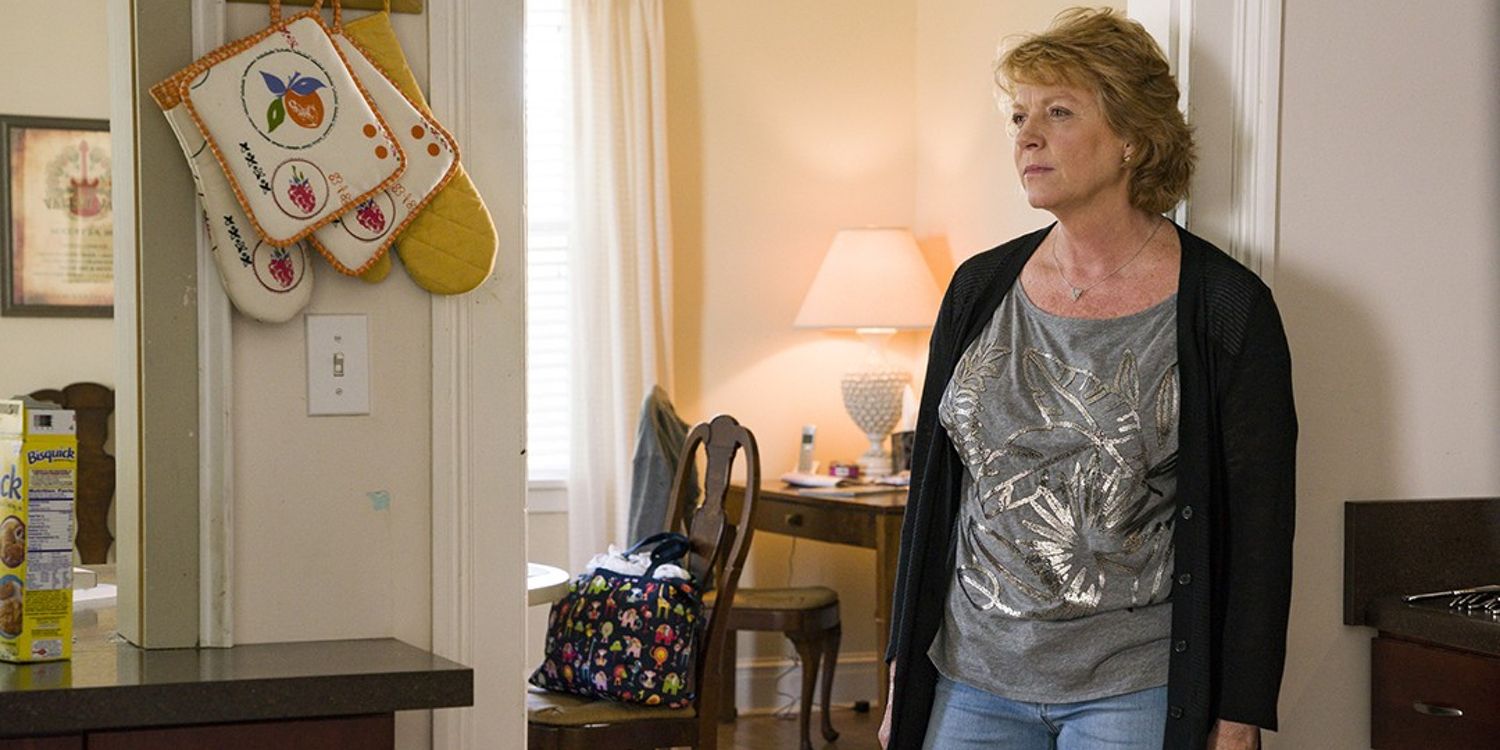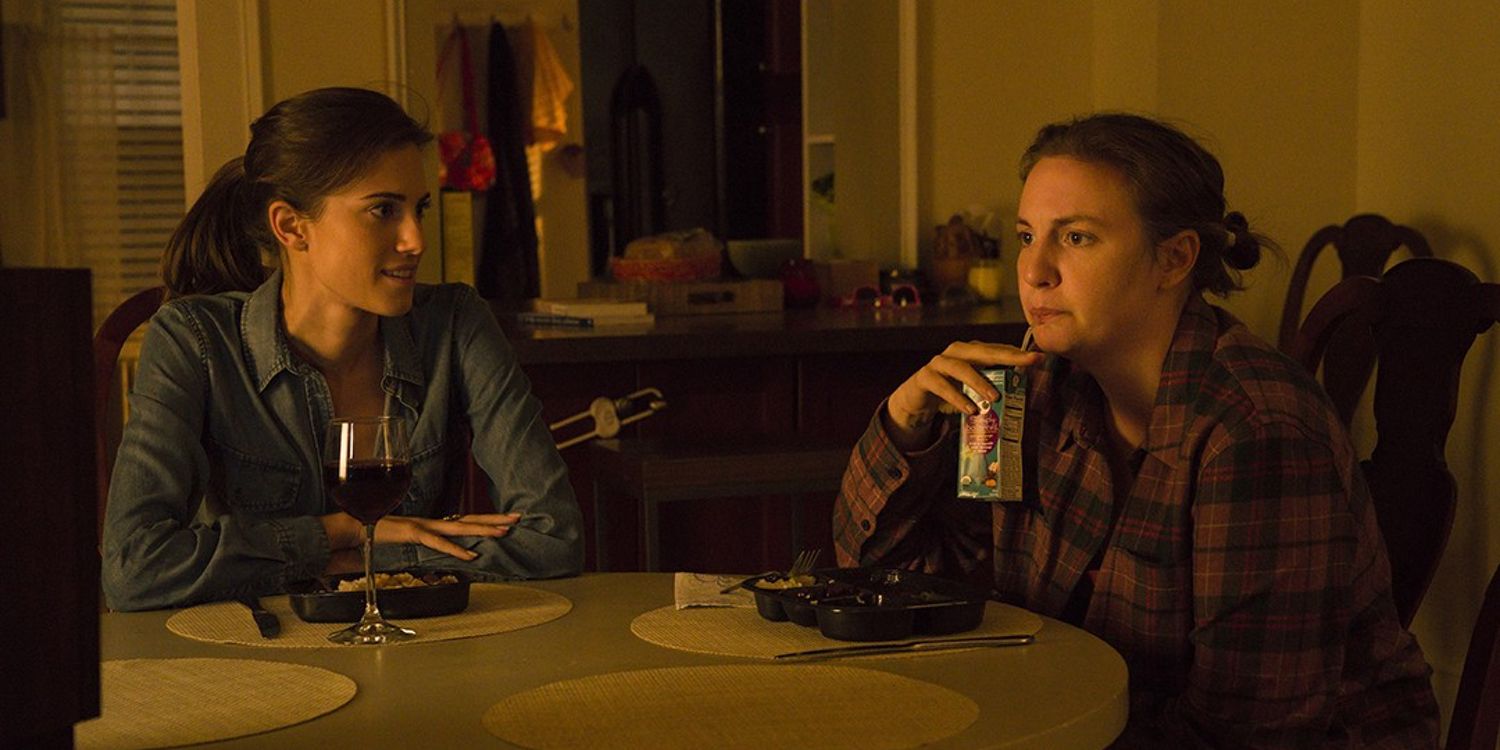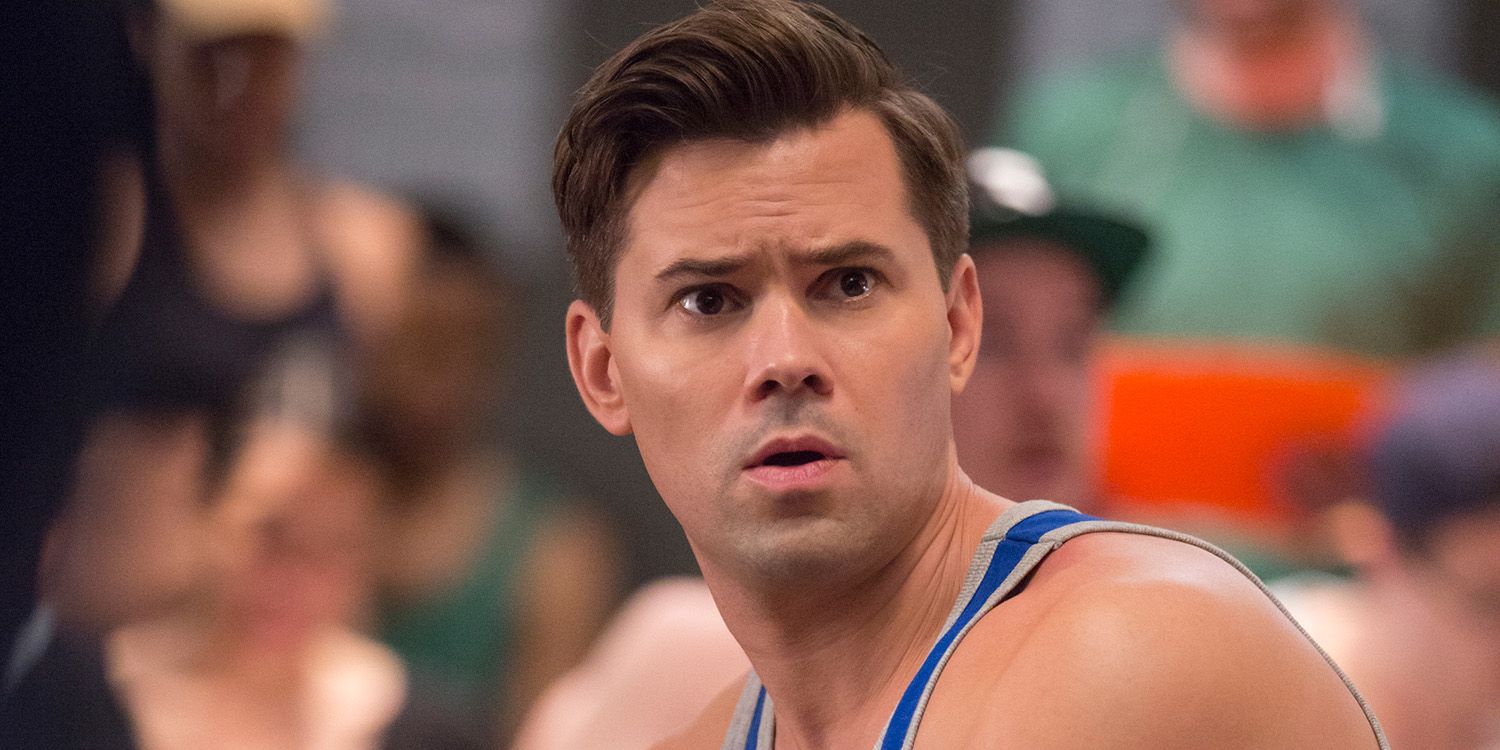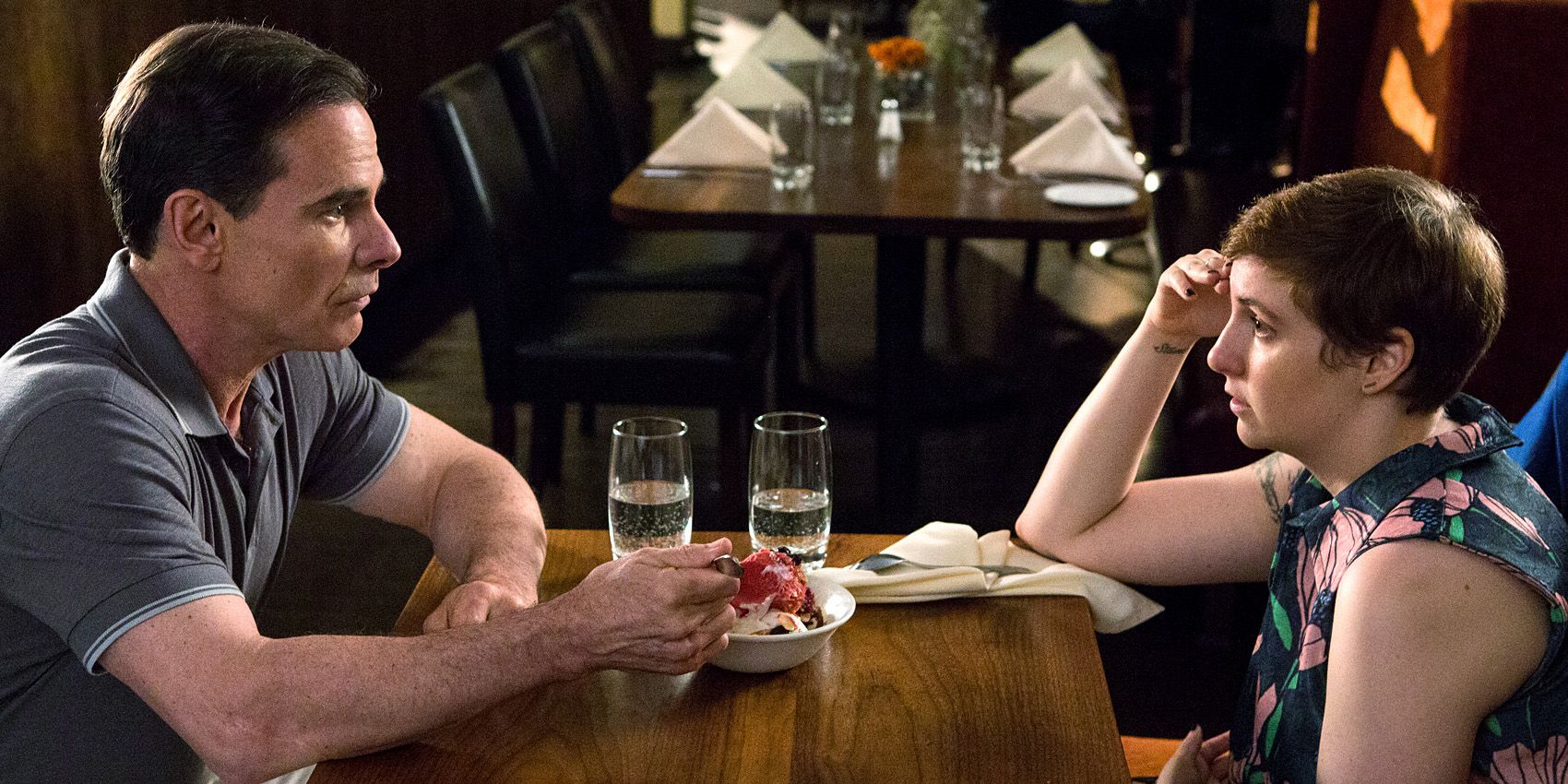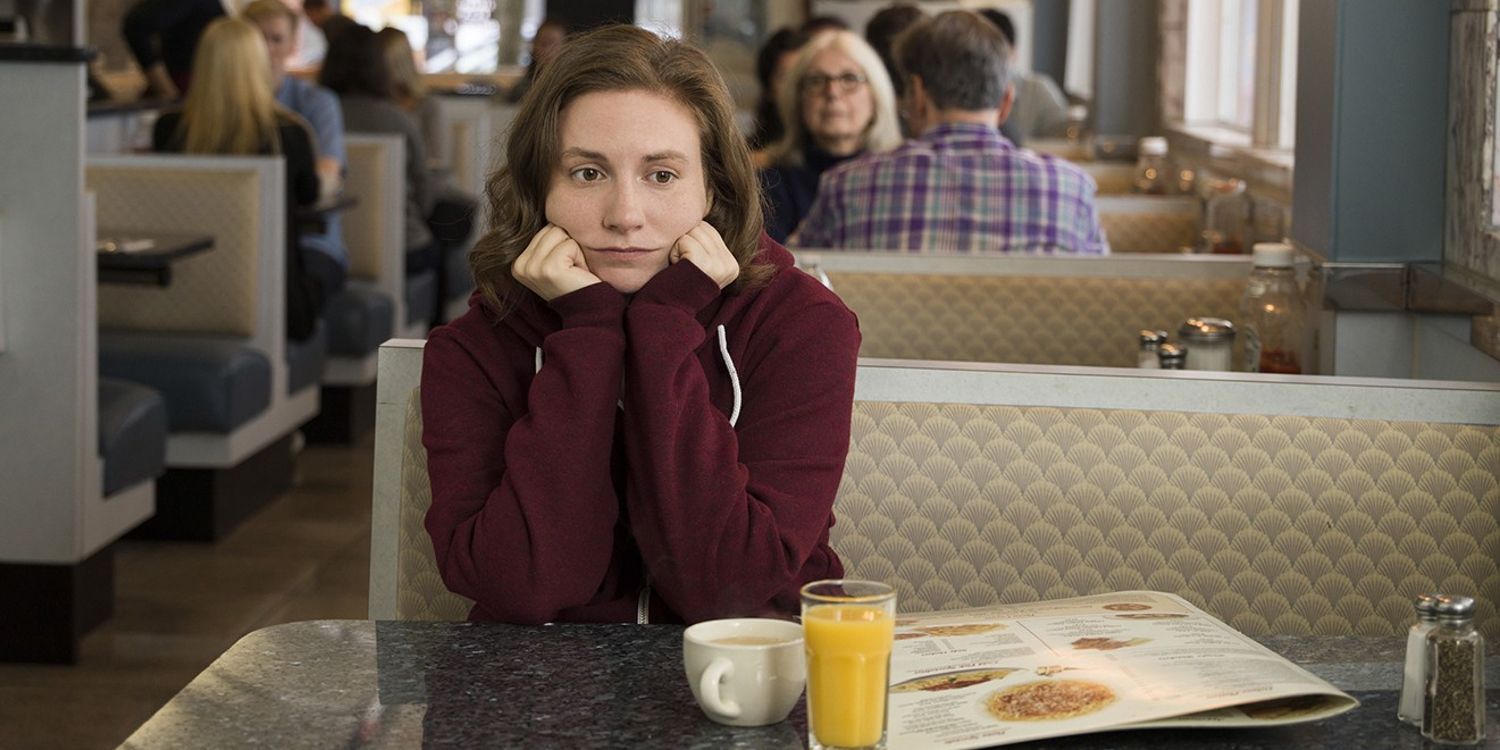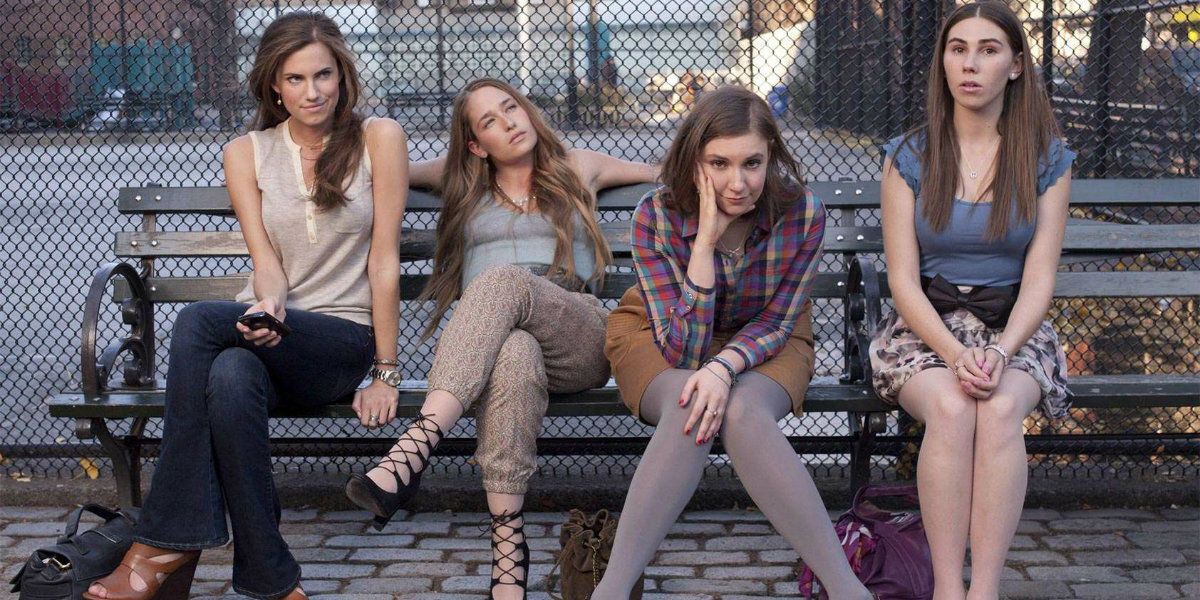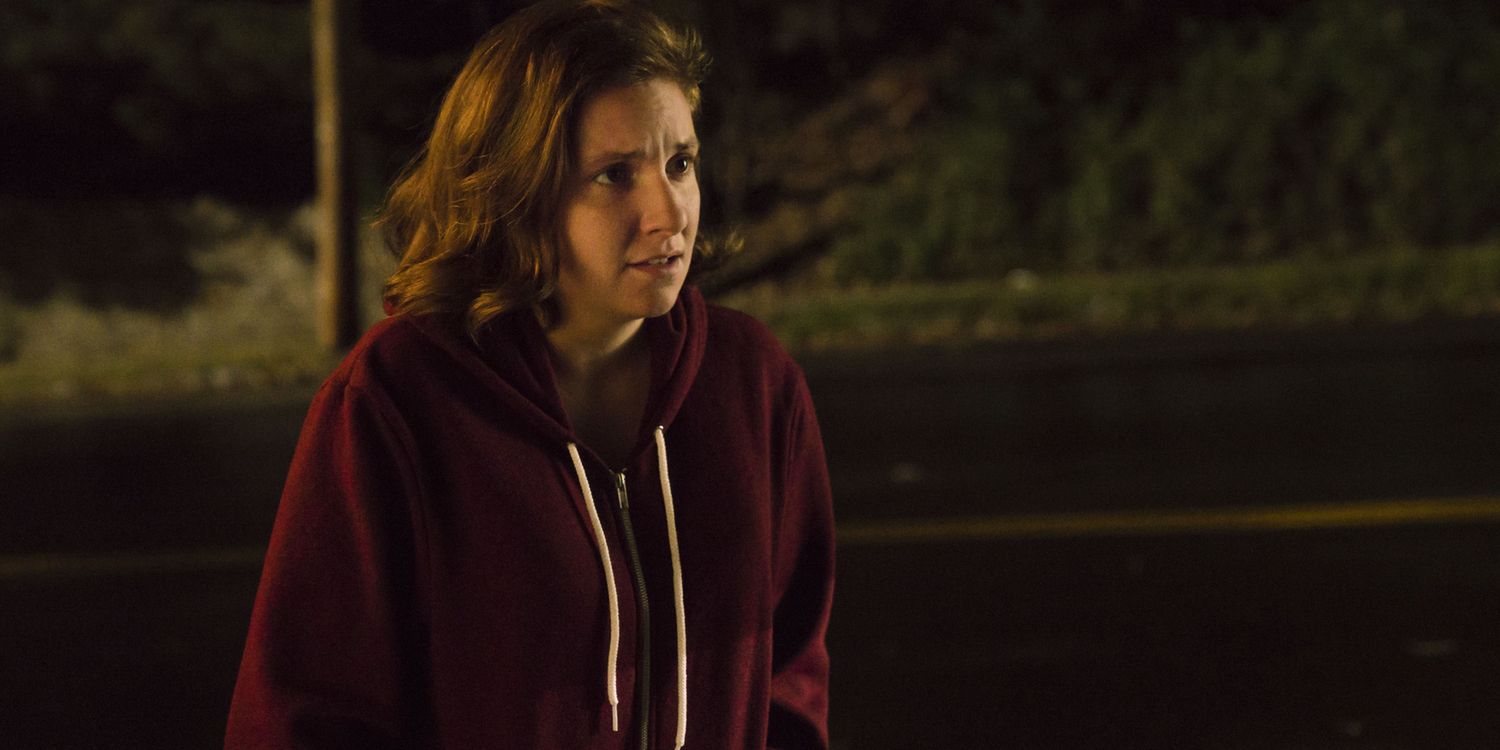One of the most discussed, provoking, and misinterpreted pieces of television of all time, Girls has reached its end with last Sunday’s episode, “Latching.”
Hannah, Marnie, Jessa, and Shoshanna have gone to the place where TV characters go when a series ends, leaving viewers with arguably unsatisfying and mildly unclear endings, but that are exactly the type of conclusions one could (and should) expect fromGirls.
Though six real years have passed since the premiere of Girls in 2012 on HBO, not that much time has passed in those characters’ lives within the show’s universe, going against everything television has ever taught us: people can change! Completely! And extremely quickly! And they’re never the same again! Instead, writers Lena Dunham and Jenni Konner chose to challenge the audience by presenting a more realistic – and less well-rounded – version of how people actually grow up.
Though it is safe to say no opinion about Girls is final or universal, here are 15 Things The Final Season Got Right.
15. Hannah & Adam - Apart
One of the biggest worries regarding season 6 of Girls was that Hannah and Adam might get back together.
In S6E8, appropriately titled “What Will We Do This Time About Adam?,” the show toyed with the idea of what it would be like for those two characters to try again, even after everything that has happened. And though it was terrifying to watch them fool themselves for a minute into thinking that their relationship might work, it was also a relief to watch them realize that it’s all just better left dead.
During its run, Girls taught us to both love and hate Hannah and Adam as individual characters, but it was pretty overwhelmingly agreed upon that they were awful as a couple unit. After realizing they can’t be together again, they don’t even seem to try being friends. Hannah and Adam have crossed the point of no return, and it is thankfully final.
14. Adam’s meta movie
One of the most interesting things the last season of Girls did was palying around with the idea that Adam wanted to make a movie about his relationship with Hannah. On the surface level, it was a tool to make Jessa jealous and Adam nostalgic, but the trope actually went much deeper than that.
The show was consistently, highly criticized by all sides of the aisle regarding how Hannah and Adam’s abusive relationship worked, and Adam’s independent film production during the final season was a chance for the series to go meta and evaluate itself – its importance, its messaging, its theme. Adam had a chance to analyze his relationship with Hannah as if it were a movie, but it was clear to the audience that it was actually the show evaluating itself.
It was the best opportunity for Girls to comment on some of its controversial decisions and, as usual, leave things open-ended for viewers to decide for themselves.
13. Shoshanna grows up
From seasons 1 to 5, Shoshanna was known for being a childish, insecure, immature young woman who felt more like a caricature than a real character. Everything about her felt fantastical and slightly surreal. Her time in Japan, in season 5, encompassed her entire existence: even when she’s happy and fulfilled, we can tell she doesn’t understand what’s actually happening in her life.
Even though Shoshanna was barely in season 6, she was shown finally outgrowing some of her worst traits. In the bathroom scene of the “Goodbye Tour” episode, where the four girls meet one last time, Shosh is decisively not the child in the room anymore; for once portrayed as someone with a firm and realistic opinion about what is happening to the girls’ friendships.
While Shoshanna doesn’t seem fully matured (who is, really?) by season 6, and appears to be on the verge of marrying a guy she has just met, she comes a long way from not standing up for herself and being the friend who is just there to nod and listen.
12. Marnie moves on
Marnie is possibly the character who did the most 180-degree turns in the history of Girls. She put herself in several incredibly random situations, went down various terrible rabbit holes, and ultimately never seemed to learn her lesson from any of her mistakes.
Season 6 gave Marnie and Desi the definitive closure they desperately needed, rekindled her complicated friendship with Hannah, and even introduced the idea that she might be perfect for law school. “Because I love rules,” she says in the series finale, in an understated yet perfect definition of who she’s always been.
The series finale, “Latching,” does a great job at showing Marnie for once not filled with anxiety about what she should be doing. Until that point, we only saw a semi-relaxed Marnie when she was involved with a man. She finally seems at peace with the fact that she doesn’t really know what is next for her. That taking care of Hannah and her baby is, for now, what is truly important.
11. Jessa faces her demons
It probably made a lot of viewers sad to see Jessa embracing Adam again after he left her for a one-off with Hannah. Jessa deserves better, but she seems to be realizing that too slowly.
She did, however, face a lot of her demons during season 6. Jessa is not known for apologizing, for gauging the consequences of what she did and admitting to herself and to others that she made a mistake. Her apology to Hannah in the “Goodbye Tour” episode was a massive character growth moment that most viewers seem to have taken for granted.
Also, it probably took a huge amount of self-control and self-realization for Jessa to not have a random hook-up in a random bar with a stranger as she was suffering through the loss of Adam. Old Jessa would’ve just gone for it without a second thought. New Jessa not only realizes that sex won’t fix anything, but she also stops the situation from happening and tearfully regrets it.
10. Hannah’s baby
Just like a gun, it’s always complicated to introduce a baby to a TV show. Just look at Meredith Grey in Grey’s Anatomy. If you show a gun, you better use it. If you introduce a baby, there’s also no turning back.
Maybe there were other ways to end the series showing that Hannah had grown up-- ways that didn’t involve her getting pregnant. However, maybe that was arguably the only way for a character like Hannah to own up to responsibility, especially as a single mother. Something that beautiful and serious had to happen so she could stop victimizing herself and transform into an adult, even if that adult is still very narcissistic and totally Hannah-like.
Just like Marnie, Hannah had to come to the conclusion that it wasn’t about how she felt about anything anymore. Her baby needs her, so if she feels like a fraud, then she better fake it until she can make it.
9. “American B----”
“American B----,” the third episode of season 6, takes GIRLS completely off of its rails, and is arguably the best and most important episode of the entire series.
Hannah meets Chuck Palmer, an author she has always been a fan of, for an interview regarding his recent accusations of sexual abuse. The episode gives ample room for a discussion to take place. For one side to hear another. For a confrontation that usually never happens, to happen.
The show always positioned itself as unapologetically feminist, but it gave the opportunity for a creep to defend himself, to be seen as a good father, to counter-argue the allegations against him. And yet, the episode still very much reminds you that he is a creep. That one thing doesn’t erase another, and that he should be blamed for the things he is guilty of. “American B----” on its own, undoubtedly deserves an Emmy.
8. Ray’s newfound glory
Ray and Marnie’s relationship made sense because they seemed to share a fundamental similarity: neither of them knew where they stood, what they should do, or who they are.
While Marnie had much more romanticized dreams than Ray, he also always tried to make a difference in his own way, getting involved in local politics at one point, and always providing societal commentary regarding the world around him.
When his boss Hermie dies in S6E4, Ray is left with a legacy he wasn’t ready for, but that he desperately needed. He finds a new purpose in life, documenting Brooklyn’s lost neighborhood stories, making a difference in his world.
Ray even finds an unlikely new girlfriend, and it is finally someone who inspires him instead of uses him for distraction. Ray encounters peace and purpose, for once, and they have nothing to do with his inherited money or coffee shop.
7. Moms are flawed too
Girls is known for being incisively specific. It’s hard to find moments when the show addressed matters that didn’t pertain to non-white young women from New York. But season 6 took the time, for two episodes, to display older women acting like younger versions of themselves, checking out of adulthood for a second.
In S6E5, “Painful Evacuation,” we see Loreen, Hannah’s mom, struggle with her loneliness and dabble with marijuana. In S6E6, “Full Disclosure,” we see Evie, Marnie’s mom, replace Desi as Marnie’s singing companion, oblivious to the fact that she’s not that great.
It felt awesome and important to see moms, often portrayed in the series as either annoying or know-it-all characters, to screw things up for a minute. To show that sometimes they’re still just girls, figuring things out just like Hannah, Marnie, Jessa, and Shoshanna. Particularly Loreen, who still hadn’t been shown really dealing with her brutal separation from Hannah’s father.
6. Broken friendships
Being an HBO show about a group of four women in New York City, Girls had to deal with years of comparisons to Sex and the City. In possibly the most important distinction it could draw, Girls made a point of ending its run showing that its four girls didn’t necessarily have to remain friends after everything that happened in their lives.
Sure, Jessa apologized to Hannah. And sure, Shoshanna let Hannah stay in her engagement party. But a real shadow of doubt was cast over all of those friendships. Girls ended and, besides Hannah and Marnie, none of the show’s other relationships are standing in solid ground.
The series kept it real. Sometimes friendships fall apart and recover, and sometimes they end. Unlike Sex and the City, it’s not all perfect and shiny all the time. People move, people marry, people get pregnant, people get hurt. The crowning achievement of Girls was to own up to its truth.
5. Elijah on Broadway
A recurring character that would later take up a lot of space, Elijah was a young gay man who felt ancient and lost. He didn’t do much during season 6 besides yell at Hannah for being pregnant and becoming an adult, but a lot happened to him.
Elijah’s newfound Broadway aspirations gave him a fresh sense of purpose; one that didn’t revolve around being a trophy husband for a rich and famous man or hanging out with Hannah watching TV.
If Marnie and Ray were considered lost characters, then Elijah had them beat. He didn’t have much going on half of the time. He was just the sarcastic, cynical best friend who commented on the girls’ life decisions.
Finally, on Broadway, Elijah found something to strive for. He was able to believe in himself and be open to failing. In S6E9, as he finds out that he got the role he sought after, Elijah literally walks out on the girls and goes celebrate. He is, at last, his own person.
4. Hannah’s dad's happy ending
What Tad does to Loreen in Girls is brutal, a very Grace And Frankie situation that makes the viewer both happy and sad.
Ted was a closeted gay man who is now free to be his authentic self, and season 6 portrays a relaxed, happy Tad, which is a positive thing, even if Loreen is also shown spiraling down in her own life.
Hannah’s dad gets the conclusion he needed: an authentic life and a new love, even if it’s a little bit late. He also appears to look after and care deeply about Loreen, uncomfortable but resigned in the fact that his truth cannot exist without her temporary suffering.
Tad is finally gay and he falls in love with the first guy he ever meets. And that’s probably exactly how it would’ve happened in real life, keeping the theme of Girls solid in its attempt to keep its story grounded and realistic.
3. Hannah leaves NYC
Hannah had to leave New York City. She just had to.
It's always said that New York can make or breaka person. Elijah found his path on Broadway, Adam built a career in acting, Shoshanna found the type of husband that interested hr, but not everyone is able to find happiness in the City.
Hannah, especially a pregnant Hannah, probably couldn’t afford (both emotionally and financially) to live in New York City any longer. She needed a stable job, cheaper rent, and a comfortable home for her child to grow up in. The last thing she needed was to be close to Adam and Jessa.
She didn’t give up on a dream, she just realized that there was more to her life than making it in NYC at any cost.
2. No one changed completely
It is unwise and unfair to say that there was no change in Hannah, Marnie, Jessa, and Shoshanna from season 1 to season 6. On the other hand, it is also unwise and unfair to say that they became completely different people.
The four girls matured but fundamentally remained the same. Hannah is still narcissistic, but she is now aware of the consequences to her actions. Marnie is still in her head, but she’s sorting things out a little better. Jessa is still a messy individual, but she can now clean up more neatly after herself. And Shoshanna is no longer a caricature of a person, even if she still makes thoughtless decisions.
There was no happy-ever-after in Girls. These aren’t princesses, this isn’t Disney, these aren’t fairytales. These are girls becoming women, and neither girls nor women (nor men) are perfect - or ever will be. It was nice to see the lessons they learned, and it was fascinating to see the lessons they didn’t.
1. Hannah came full circle
The pilot episode and the season finale shared several points-of-parity. Hannah wakes up with Marnie in bed, but the circumstances are very different. Hannah yells at her mother, and blames her for things, but the stakes are now much higher. And most importantly: a child desperately needs a parent - but this time it isn’t Hannah needing Loreen and Tad, but Grover needing Hannah.
In a way, the series finale doesn’t do Hannah as much justice as we are used to seeing on television, but the character does come full circle. She is no longer able to act out, to be narcissistic and childish without facing any consequences. The entire time Hannah goes around the neighborhood for a walk, the audience is left gasping, wondering how Grover is doing without his mom. It's a very purposeful creative decision to show Hannah unable to run away from her life. Not again.
---
What did you think about the final season of Girls? Will you miss the show, or are you glad it is over? Let us know in the comments below!

